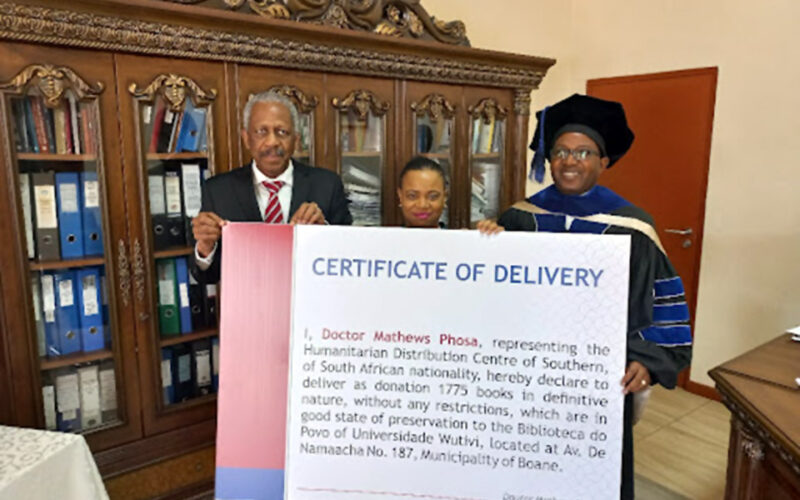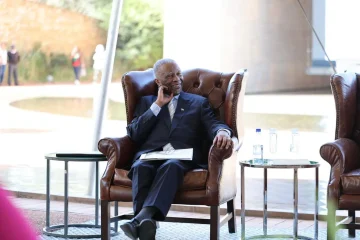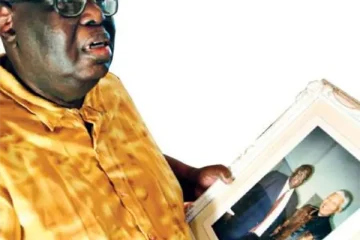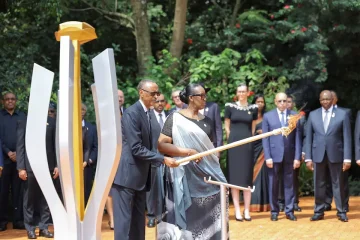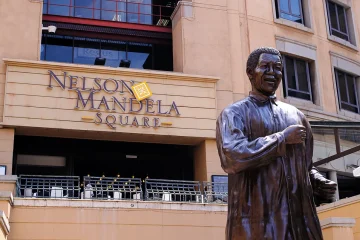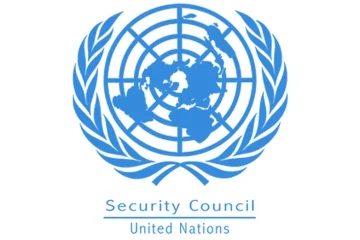DR MATHEWS PHOSA
IT is a privilege to be back in Maputo, a city which I regard as my second home. During the struggle for liberation, I spent many happy months here-amongst others as a lecturer, teaching students the creative language of Afrikaans. I am told it was put to good use in the cross-border interaction with South Africa on both an official and unofficial level.
Both South Africa and Mozambique come from a scarred history of colonialization. Mozambique from the Portuguese and South Africa mostly from the British, but also from the Dutch and others.
I mention this because our rich continent is facing a new wave of colonialism. Our recent suitors and captors have new names and new faces, but their agendas are the same: To explore the resources of our land to their benefit.
There is, of course, nothing wrong with such an agenda if it also substantially benefits the local entrepreneurs and population. Both South Africa and Mozambique should choose their international and regional economic partners in such a way that they reap long-term benefits from it that are beneficial, sustainable and substantial.
Colonialism has become much more subtle, nuanced and seemingly less aggressive than before. Whether it is pure unadulterated theft that captures unscrupulous politicians and businessmen and women or much more subtle through seemingly beneficial formations, aid programmes and financial cooperation it remains a dangerous agenda unless controlled, designed and managed locally.
So, beware of the second wave of colonial invasion that is less visible and always arrives with financial inducements cleverly clothed as cooperation and assistance.
We are the architects of our own destiny and should insist on shaping all so-called interventions in our economies ourselves. Slavery has many faces and economic colonialism is an important one.
All constitutions are living, breathing documents, but because of their historical context and other reasons, imperfect.
It is our duty as proud and modern Africans to ensure that our constitutions reflect the changes in geopolitics and economies, as well as countries taking ownership of their futures and the growing social changes around us.
In South Africa we realized, for instance, that the institutions that we created were well-designed but not tailor/made for post-liberation purposes.
We did, as an example, not understand the criminal hunger of our elected leaders to be both extremely rich as well as their thirst to corruptly control resources funded by well-meaning and honest taxpayers.
Countries in the region have a sworn duty to strictly monitor the spending of budgets at all levels of government. Governments given unchecked powers will loosen the shoelaces that bind them to those that they represent.
In some countries, the security and justice systems have failed to control rampant corruption.
There rests a heavy duty on us to look through our constitutional lenses and find ways to improve those institutions that are directed to protect the sacred rights of voters and their highly taxed incomes.
In this regard both our countries could do well to consider the creation of anti-corruption institutions that have powers to the highest level that the law allows to weed out misuse and criminality. Current institutions, as well as leaders appointed to manage them, are far from adequate or efficient.
The political phase of parties that are dominant to the extent of unchallenged control is over. More and more we will see single parties struggling to achieve majorities that allow them to do as they please.
It is a phase that allows for broader and deeper participation in our democracies and economies.
It is also a phase that has brought with it a multitude of challenges, mostly driven by self- and party interest rather than national interest.
This trend has seen coalitions falling apart with various parties at various times, assuming the leadership of especially local councils.
Whilst it is democracy in action the needs and services of taxpayers are (more often than not) forgotten in the process. As a result, service delivery suffers.
My prediction is that South Africa faces the prospect of a coalition government in 2024.
In such a process all options are up for discussion, even a coalition of smaller parties where they gain power and control far beyond their popular support.
The opportunity inherent in such an outcome is that parties will strive to improve service delivery, build stronger social cohesion, and focus on economic growth and more opportunities for entrepreneurs.
In the process, hopefully, we will shape and re-design governments that are substantially smaller, more functional and less corrupt.
My message to you is simple: Let us, as neighbours, lead the revival of Africa through our actions, morals and decisive leadership.
We need not to be at the mercy of any power of powers or groupings.
We are, and should, without shame or apology, be our own masters.
- This is an edited version of Dr Mathews Phosa’s inaugural lecture at the University of Technology, Mozambique where he donated R100 000 towards books for the library at the university.

